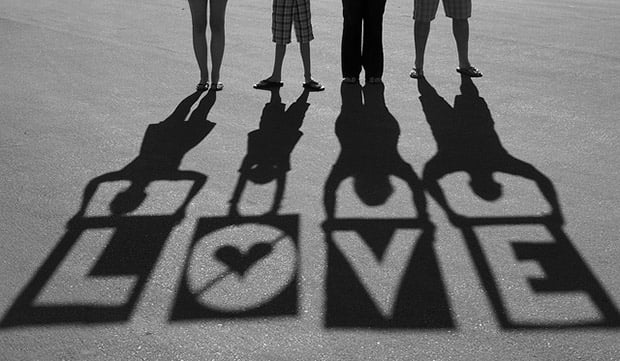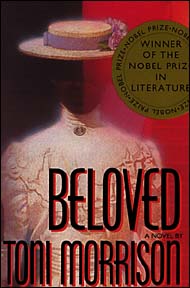After finishing Beloved, I walked away with three main takeaways. The first takeaway being that motherhood is very difficult. The second takeaway is that men and women will do anything in the shadows of love. And finally the third takeaway is accepting the past and learning to move forward. 
First, I learned a lot about motherhood while reading Beloved. I learned that being a mother can be difficult, because every decision you make will affect you and your children. While reading Beloved through a feminist lens I have realized that men do not have to bear a child like women have too. The men also do not have to take care of the children, men only have to worry about work. Women had to work, but also had to take care of their children as well as the white little children. Sethe had to feed her own children, and the white babies (236). The difference in gender roles is very prominent. While the slave men definitely have it hard, slave women seem to have it harder. Baby Suggs who was a mother too, seemed to understand Sethe's decision to kill her children, maybe because she understood how hard it was to raise children during slavery. As a mother Sethe has to make tough decisions, and they primarily affected her own children.
Next, I learned that men and women will do anything in the shadows of love, meaning men and women will base their actions off of love, even if their decisions are not seen as right or wrong. For example, when Sethe tries to kill her four children, so that they do not become slaves, she believed it was an act of love. While reading this through a feminist lens, I remember the idea that women love very strongly. This could be considered a stereotype, but men are seen as very tough, and woman are seen as very vulnerable. Though many would say this is a stereotype. In the scene where Sethe tries to kill her children she does not seem vulnerable, she seems rather tough, which is opposite of stereotypes. While the men, like Paul D and even Stamp Paid seem rather vulnerable and weak. Paul D and his tin heart and Stamp Paid changing his name, both are great example of how the men seem very vulnerable, and very tough.
Last the most important thing I learned from Beloved is how to move on. Both Sethe, Paul D, and the townspeople have a hard time moving on. Sethe never really allows herself to come to terms with what she did to Beloved, which weakens her. While Paul D tried to completely get rid of his past and locks it away, slowly memories get swept up and he does not know how to deal with them. The townspeople also do not know how to move on because they have held a long grudge over the decision Sethe made to kill her children, which ended up making Sethe feel isolated. The act of holding back, and never moving forward hurts characters greatly, and slowly Sethe and Paul D realize the more they let go and accept, the easier it is for them to move on.
From experience, I know that moving on and forgetting the past can be difficult. I also know that people do things out of love, even when it might not be the right decision. Both men and women do this. This book was very interesting and I have learned a lot while reading Beloved through the feminist lens. 

